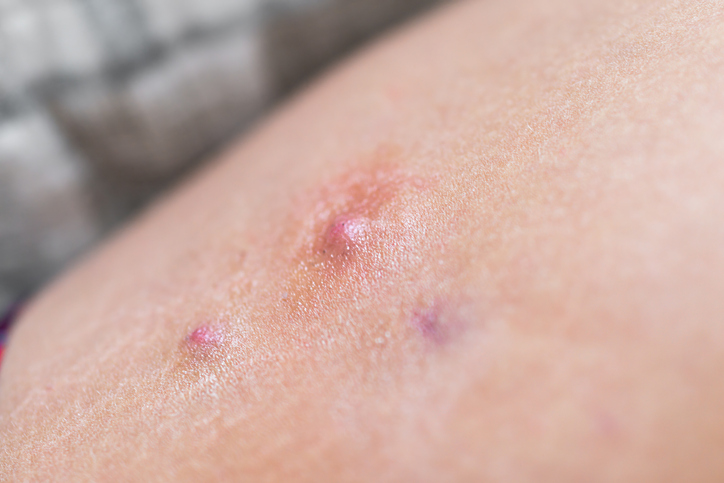
In a qualitative study published by Barnes et al in JAMA Dermatology, researchers conducted semistructured interviews with nearly 50 patients diagnosed with hidradenitis suppurativa and identified six themes reported by the patients that were associated with barriers to accessing health care for their condition:
- Bidirectional associations of disease activity and employment: patients noted flares of their hidradenitis suppurativa caused them to miss work or school, influenced their choice of career, or caused them to file for disability benefits.
- Association of employment with health-care coverage: patients reported choosing employment that would allow them to access consistent health-care coverage for their hidradenitis suppurativa.
- Association of health-care coverage with costs and perceived access to care: patients noted how their insurance influenced their ability to access hidradenitis suppurativa medications and specialists.
- Association of costs with access to patient-centered care: patients discussed the time and financial burdens associated with accessing their care.
- Health-care professional attitudes and knowledge influence patient-centered care and perceived access to care and disease activity: patients outlined seven dimensions that influenced their rapport with their health-care providers, such as nonverbal cues, empathetic and caring attitudes, clear communication, specific knowledge of their condition, and more.
- Health system characteristics influence patient-centered care and associated costs, perceived access to care, and disease activity: again, patients outlined seven dimensions of health-care systems, including selecting or changing providers, lack of appointment availability, responsive care teams, multidisciplinary treatment approaches, and more.